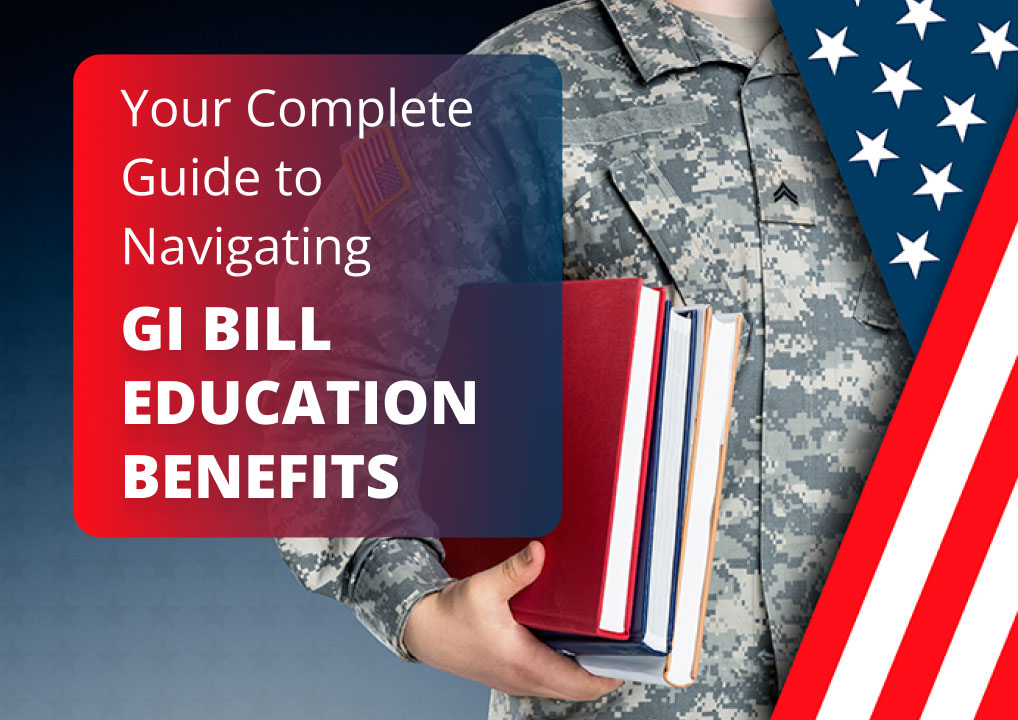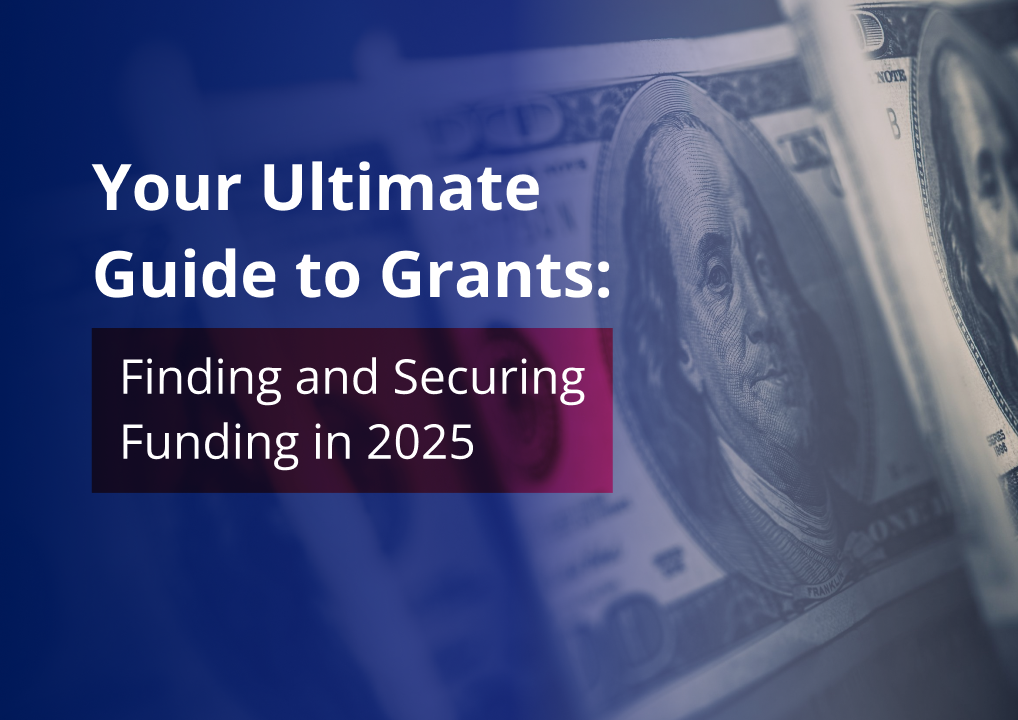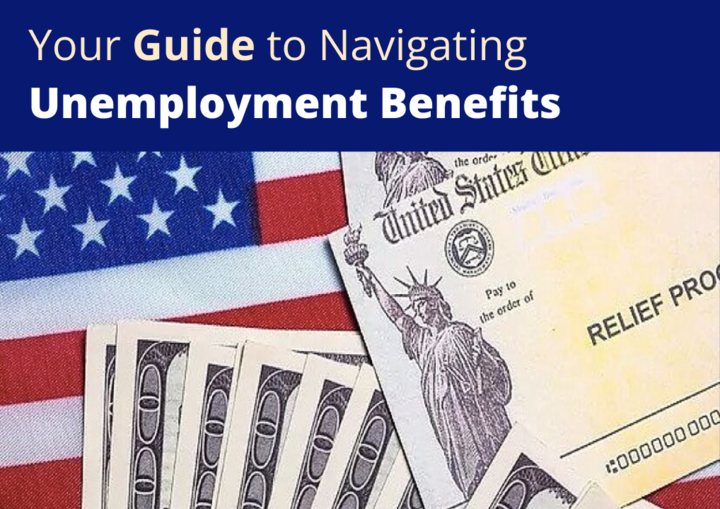Credit cards are financial tools that allow consumers to borrow money up to a certain limit to make purchases or withdraw cash. They come with a variety of terms and conditions that dictate how they can be used, the interest rates applied, and the fees incurred. Understanding these terms is crucial for responsible credit card management.
For instance, the Annual Percentage Rate (APR) is a key factor; it represents the cost of borrowing on an annual basis, including interest and fees. A higher APR can significantly increase the total amount owed if balances are not paid off promptly. Moreover, credit cards often come with various fees, such as late payment fees, annual fees, and foreign transaction fees.
Each of these can add to the overall cost of using a credit card. Additionally, many credit cards have grace periods, which allow cardholders to avoid interest charges if they pay their balance in full by the due date. Understanding these nuances can empower consumers to make informed decisions about their credit usage, ensuring they maximize benefits while minimizing costs.
Key Takeaways
- Understanding credit card terms is crucial for making informed financial decisions
- Creating a budget helps in managing expenses and avoiding overspending
- Using credit cards for necessary expenses can help in building credit history
- Paying off the balance in full each month can prevent accumulating high interest charges
- Avoiding cash advances and balance transfers can save money on fees and interest charges
Creating a Budget and Sticking to It
Creating a budget is an essential step in managing personal finances effectively, especially when credit cards are involved. A well-structured budget helps individuals track their income and expenses, allowing them to allocate funds appropriately for necessities, savings, and discretionary spending. To create a budget, one should start by listing all sources of income and then categorizing expenses into fixed (like rent or mortgage) and variable (like groceries or entertainment).
This clarity enables individuals to see where their money is going and identify areas where they can cut back. Sticking to a budget requires discipline and regular review. It’s not enough to create a budget; one must actively monitor spending against it.
This can be facilitated by using budgeting apps or spreadsheets that provide real-time insights into financial habits. Setting specific financial goals, such as saving for a vacation or paying off debt, can also motivate individuals to adhere to their budgets. By maintaining this financial discipline, consumers can avoid overspending on credit cards and ensure they live within their means.
Using Credit Cards for Necessary Expenses Only
Using credit cards judiciously is vital for maintaining financial health. One effective strategy is to limit credit card usage to necessary expenses only. This approach helps prevent impulse purchases that can lead to debt accumulation.
Necessary expenses typically include essentials such as groceries, gas, and medical bills. By reserving credit card use for these categories, individuals can manage their spending more effectively and avoid the temptation of using credit for non-essential items. Additionally, focusing on necessary expenses allows consumers to take advantage of the benefits that credit cards offer without falling into the trap of overspending.
For example, many credit cards provide rewards or cashback on purchases made in specific categories like groceries or gas. By using credit cards strategically for these necessary expenses, individuals can earn rewards while ensuring that their spending remains within a manageable range. This disciplined approach not only helps in maintaining a healthy credit score but also fosters better financial habits over time.
Paying Off the Balance in Full Each Month
One of the most effective ways to manage credit card debt is by paying off the balance in full each month. This practice not only helps avoid interest charges but also contributes positively to one’s credit score. When cardholders pay their balances in full, they demonstrate responsible credit usage, which is reflected in their credit reports.
A higher credit score can lead to better interest rates on loans and other financial products in the future. Moreover, paying off the balance monthly instills a sense of financial discipline. It encourages individuals to live within their means and only spend what they can afford to pay back immediately.
This habit can prevent the cycle of debt that many fall into when they only make minimum payments.
By consistently paying off the full balance, consumers can enjoy the benefits of credit cards—such as rewards programs—without incurring debt or damaging their financial health.
Avoiding Cash Advances and Balance Transfers
Cash advances and balance transfers are two features of credit cards that can lead to significant financial pitfalls if not managed carefully. Cash advances allow cardholders to withdraw cash against their credit limit; however, they often come with high fees and higher interest rates than regular purchases. Additionally, interest on cash advances typically begins accruing immediately, without any grace period.
This means that consumers can quickly find themselves in a cycle of debt that is difficult to escape.
Balance transfers, while sometimes marketed as a way to consolidate debt at lower interest rates, can also be risky. Many balance transfer offers come with promotional rates that expire after a certain period, after which the interest rate may increase significantly.
If individuals do not pay off the transferred balance before the promotional period ends, they may end up paying more in interest than they would have with their original debt. Therefore, it is crucial for consumers to carefully evaluate these options and consider the long-term implications before proceeding with cash advances or balance transfers.
Monitoring Your Credit Card Statements Regularly
Regularly monitoring credit card statements is an essential practice for maintaining financial health and preventing fraud. By reviewing statements each month, consumers can track their spending patterns and ensure that all charges are accurate. This vigilance helps identify unauthorized transactions early on, allowing for prompt reporting to the credit card issuer.
Many people are surprised to find discrepancies in their statements; catching these errors quickly can save money and protect against identity theft. In addition to spotting errors or fraudulent charges, monitoring statements provides valuable insights into spending habits. Consumers can analyze where their money is going and adjust their budgets accordingly.
For instance, if someone notices they are spending excessively on dining out or entertainment, they may choose to cut back in those areas to align with their financial goals. This proactive approach not only fosters better financial management but also encourages accountability in spending behaviors.
Utilizing Rewards and Benefits Wisely
Credit cards often come with various rewards programs that can enhance the consumer experience when used wisely. These rewards may include cashback on purchases, travel points, or discounts at specific retailers. To maximize these benefits, it’s important for cardholders to choose a card that aligns with their spending habits and lifestyle preferences.
For example, someone who frequently travels might benefit from a card that offers airline miles or hotel points, while another who spends more on groceries might prefer a card with higher cashback rates in that category. However, it’s crucial to remember that rewards should not drive spending behavior. The temptation to overspend simply to earn points can lead to financial strain and negate any benefits gained from rewards programs.
Instead, consumers should focus on using their cards for planned purchases within their budget while taking advantage of rewards where applicable. This balanced approach allows individuals to enjoy the perks of credit cards without falling into debt traps.
Seeking Help if You’re Struggling with Credit Card Debt
For those who find themselves overwhelmed by credit card debt, seeking help is a vital step toward regaining control of one’s finances. There are numerous resources available for individuals struggling with debt management, including credit counseling services and financial advisors who specialize in debt reduction strategies. These professionals can provide personalized guidance tailored to an individual’s unique financial situation, helping them develop a plan to pay down debt effectively.
Additionally, support groups and online forums can offer emotional support and practical advice from others who have faced similar challenges. Sharing experiences and strategies can be incredibly beneficial for those feeling isolated in their struggles with debt. It’s important for individuals to recognize that seeking help is not a sign of failure but rather a proactive step toward achieving financial stability and peace of mind.
By taking action and utilizing available resources, individuals can work towards overcoming their debt challenges and building a healthier financial future.
FAQs
What are some tips for using credit cards wisely?
Some tips for using credit cards wisely include paying off the full balance each month, keeping track of spending, and avoiding unnecessary purchases.
How can I avoid falling into credit card debt?
To avoid falling into credit card debt, it’s important to only charge what you can afford to pay off, create a budget, and avoid carrying a balance from month to month.
What are the benefits of using credit cards responsibly?
Using credit cards responsibly can help build a good credit score, earn rewards and cash back, and provide purchase protection and fraud liability.
What are some common mistakes to avoid when using credit cards?
Common mistakes to avoid when using credit cards include making only the minimum payment, exceeding the credit limit, and using credit cards for impulse purchases.
How can I manage my credit card debt if I already have it?
If you already have credit card debt, you can manage it by creating a repayment plan, negotiating with creditors for lower interest rates, and seeking help from a credit counseling agency.







